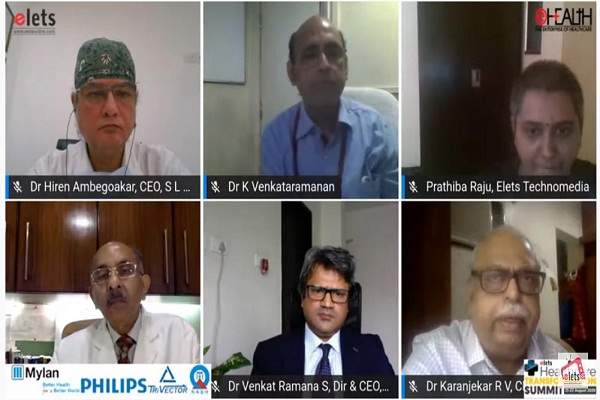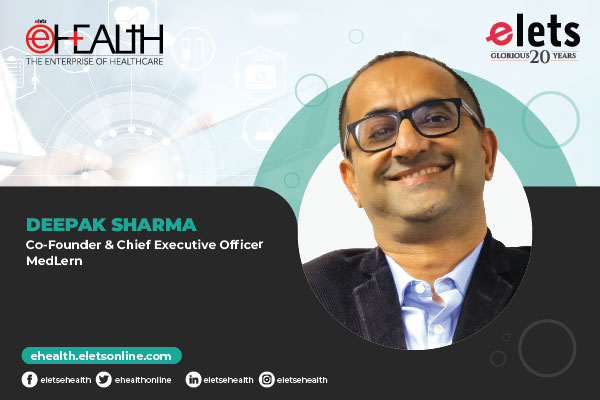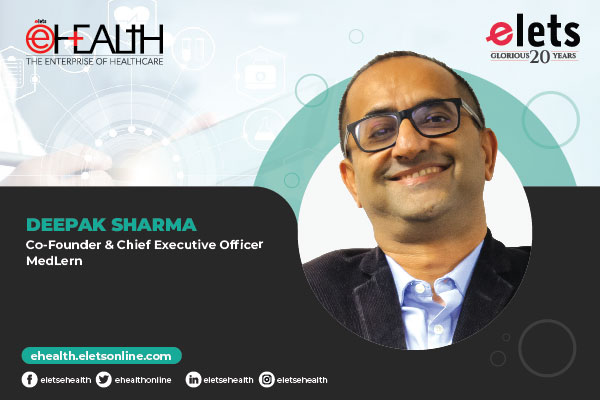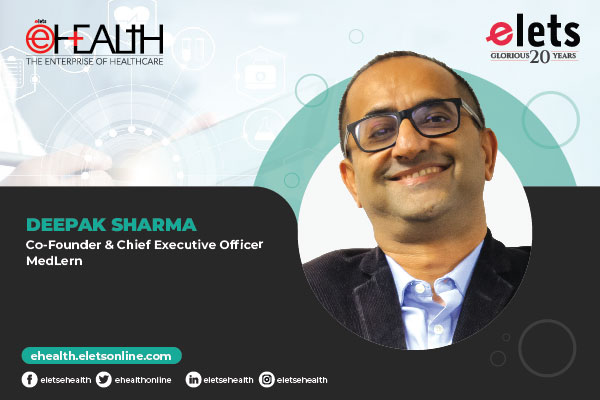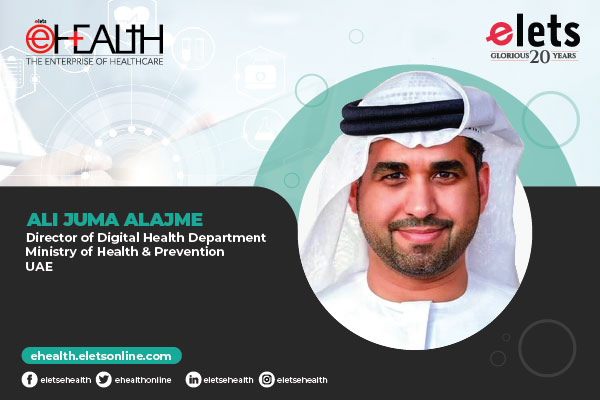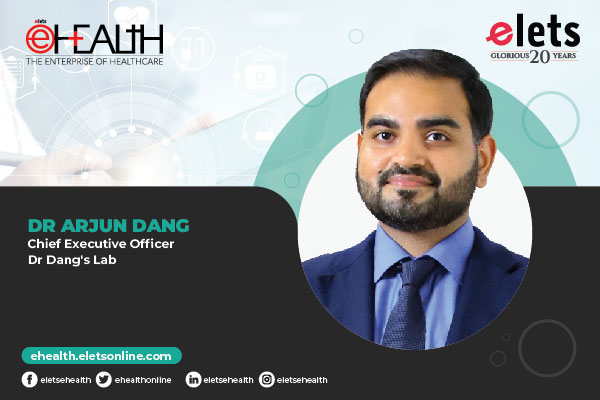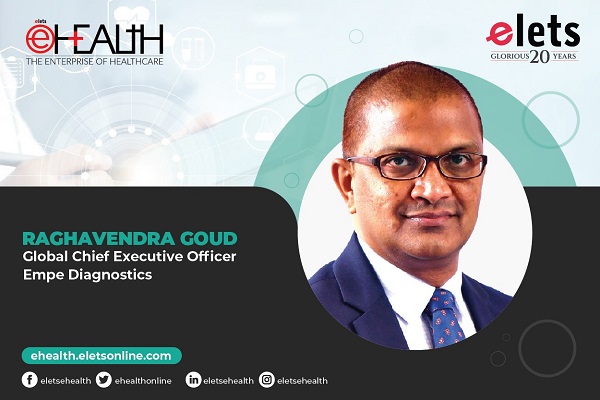Harnessing healthcare biz beyond COVID-19
Renowned CEOs of top hospitals shared their viewpoints on how COVID-19 affected healthcare businesses and what they were planning to take things head on. Participating during a panel discussion at two-day Healthcare Transformation Summit, they enlisted steps hospitals need to take to sustain in this tough time.
O P Yadav, CEO, National Heart Institute shared slew of measures undertaken by their hospital. He said: “Clinical volume has plummeted. Financial position is under stress. Beseeching the government at this stage when its coffer is empty is not going to help. We will have to take ball in our own court and tackle it. We have tried to take out the hospitality element out of the hospital, which has helped us on cost saving. Then, certain areas which were not being used, we closed them and concentrated on fixed areas with all specialties working from there rather than keeping all the areas open.”

“We addressed concern of our staff by energizing them, decentralizing the decision making, and try to bring them on board, stating that you innovate and do cost saving,” he added.

Another panelist Ravindra Karanjekar, CEO, Kiran Super Multispecilaty Hospital said the pandemic has made us more disciplined to strategize things. He said: “Last six months have been unusually eventful. We have seen encroachment over personal and professional area by covid-19 which has changed whole perception of the healthcare. It has made us more disciplined and more aware on how we should work in better way. It brought tremendous stress to middle level hospitals as they faced financial and manpower challenges. Though government played a vital role in the whole process, coordination among various agencies was missing. Covid-19 situation brought opportunity in disguise for all the hospitals.”
Dr Hiren Ambegoakar, CEO, S L Raheja Hospital- A Fortis associate, said: “We have significant loss in first quarter when covid-19 suddenly struck. It will jeopardize almost next one year of growth. We should aim to maximize our yield. When we can’t increase revenue, analyse existing costs. We have monolithic building. We have 150-bed hospital to tackle 130 covid patients, which leaves only 20 bed for other other emergency procedures. People were afraid to come to hospital for non-covid emergency care. Now when things have improved, gradually, we will have to shift our focus from covid patient base to non covid work. We need to plan how we could go back to non covid era.”

Dr Venkat Ramana Sudigali, Director & CEO, Excell Hospitals termed innovations as gamechanger to tide over the crisis. “Traditionally the hospital and healthcare provider industry thought that they would be immune to any downtrend in the nation’s economy. But this covid has caught everybody unaware and it has now proved that even the hospital industry could be severely affected by it. Hospitals are finding it tough to sustain. Normally average EBITA is 15 percent. As occupancy rate plummeted to 10-15 percent, it is difficult to attain normal EBITA for another six months. Now we need to innovate and correct our mistakes what we did in the past. Services should be more patient centric,” he said.

Dr. K. Venkataramanan, Director, Bhaktivedanta Hospital, said: “When the pandemic started, we had a meeting with all our staff. We first attended the immediate requirements to ensure their safety as well as patients’. Then we met municipal commissioner and involved in the process of how to take care of this pandemic situation. We started creating one dedicated covid hospital where we faced many challenges including manpower issue. We motivated staff to take the pandemic head on. Initially occupancy had gone down, but it is picking up now.”
post_id:uld_count:
Cookie not set
Value 1: 0
Value 2: 10




